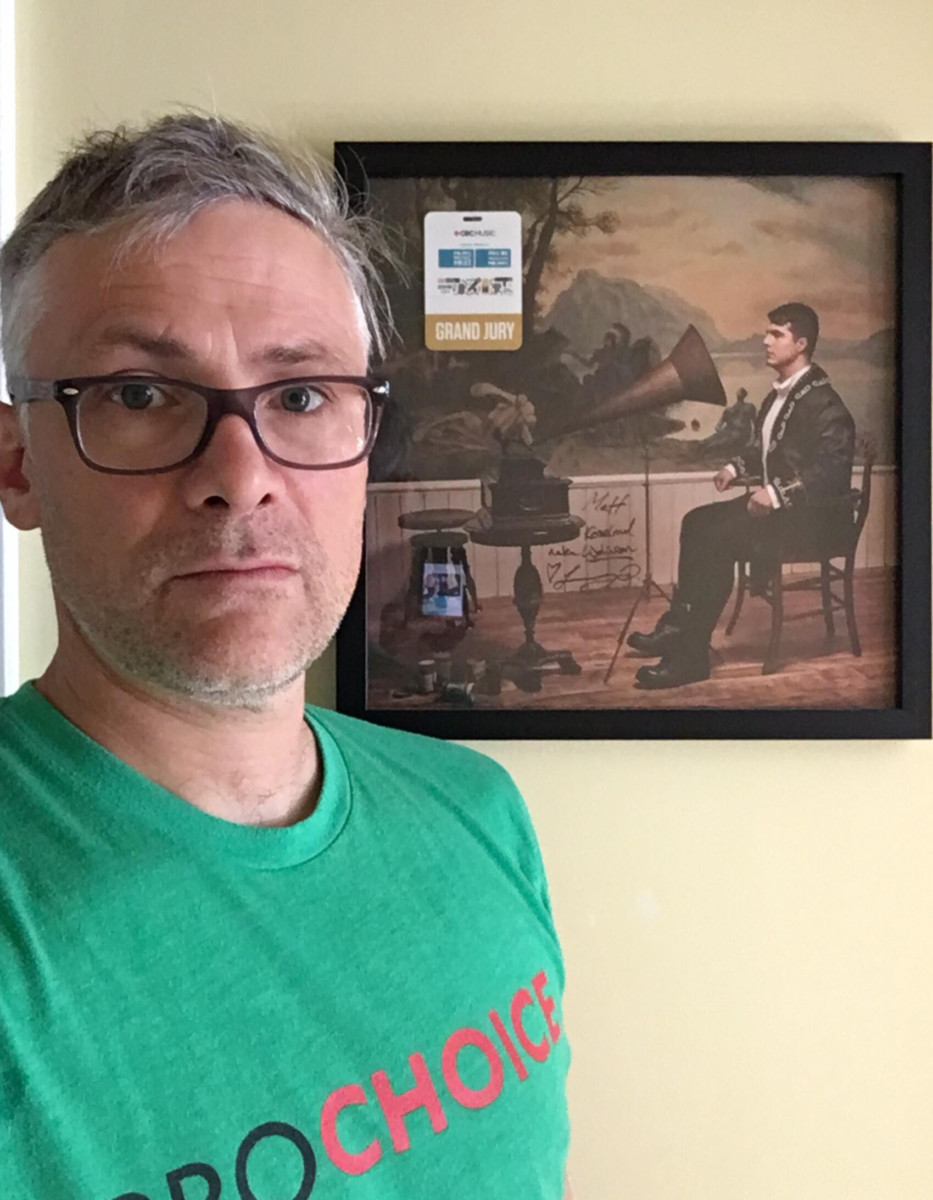

After a year-long selection process, Toronto’s Haviah Mighty received the 2019 Polaris Music Prize on Sept. 16, for her record 13th Floor.
Fredericton is home to three of this year’s jurors, including Matt Carter, founder of Grid City Magazine, who’s been on the jury for four years.
“As a juror, you really get to appreciate the value that music brings to peoples lives, its a pretty beautiful thing,” said Carter.
Unlike the Junos or the Grammys, the Polaris Music Prize is subject to jury by a wider spectrum of industry representatives. Jurors can submit any album for consideration as long as the artist is Canadian.
“I can’t say enough about the democracy of the process. All albums are created equal and represented equal in this scenario,” said Carter.
Carter said all proposals must come with a strong written argument as to why it should be considered. Jurors are required to give the hundreds of proposed albums a listen and respond to them.
Jurors vote for five of these albums to create the initial long list of 40 nominees.
The long list is announced in June.
Carter said the process challenges your musical tastes.
“It forces you to listen to music that you otherwise wouldn’t expose yourself to.”
Jurors then choose the five albums from that list to form the short list of 10 albums.
Carter said once that’s released in July, a condensed grand jury, selected from the general pool of jurors, is flown to Toronto for an extended debate on who should win the Polaris Music Prize.
Each member of the grand jury is then assigned an album they must present an argument for, which will be considered in the final selection.
Carter was selected for the 2018 grand jury.
“At the end you’re exhausted and you’re like ‘I never thought so hard about music before.’”
An awards gala is hosted the following day where the winner is announced. Short list artists also perform.
Carter said that even while the first few bands are performing, the grand jury is still discussing their final selections right up to the last minute.
“Its an incredible process … the albums are judged solely on their merit by people who listen to music passionately,” said Carter.
The top five albums are announced halfway through the broadcast, but the jurors still don’t find out the winner until it’s announced live on stage.
Carter could not discuss specific debates and arguments of the selection process as he is bound by a confidentiality agreement.
While the process is seen as successful in finding Canada’s best album, there are always those who feel certain artists should have seen better results.
For Carter, this year that album was Voivod’s The Wake.
The group from Jonquière, Quebec has been a staple in the Canadian metal scene since the ’80s.
“I thought this was going to be their year … The history of Voivod is the history of always being the bridesmaid but never the bride.”
Seven provinces and territories, including New Brunswick, did not have a single representative on either the long or short list.
While this could be seen as a flaw, Carter said there are other things to consider.
“Music resonates with people differently … There are so many variables … I don’t think it reflects at all on New Brunswick music.”
Erin Bond, radio station manager of Fredericton’s CHSR-FM, and Carter’s fellow juror for the Polaris Music Prize, agrees there is much more at play.
“I don’t think it’s the fact that we are simply overlooked, I think there’s a lot of factors that can play into it. I didn’t necessarily look to see where an artist was from before voted. I voted for the albums that I believed to be deserving.”
Carter said the process may be improved through an additional “long long list.”
“There are so many [albums] that come up in the conversation that it’s really difficult to make the time and find the time to give them all an equal balanced listen.”
